Punjab Kings arguably have been the most under-performing of the Indian Premier League (IPL) teams that have been in existence since the inaugural edition in 2008. That they are considered the perennial under-achievers is not without reason; they have, after all, reached the semi-finals/playoffs just twice (2008 and 2014) in 17 IPL seasons between 2008 and 2024.
The last of those playoff appearances had come in the 2014 edition, a part of which was hosted in the United Arab Emirates due to the General Elections in India. Led by former Australian batter George Bailey, PBKS – then known as Kings XI Punjab, or KXIP – topped the points table at the end of the league phase before storming into the final with a 24-run victory over Chennai Super Kings in Qualifier 2.
Wriddhiman Saha later struck an unbeaten 110 in the final at Bengaluru’s M Chinnaswamy Stadium, only for it to be overshadowed by Manish Pandey’s 50-ball 94 as the Gautam Gambhir-led Kolkata Knight Riders won their second title in three seasons.
That season, which saw all-rounder Glenn Maxwell produce his greatest IPL performance till date (552 runs at a strike rate of 187.75), was also the last time KXIP/PBKS collected more than 14 points at the end of the league stage.
Punjab would finish at the bottom of the eight-team table in the next two seasons and have narrowly missed out on the playoffs with 14 points in 2017 and 2022. They had collected just 10 points last season, narrowly avoiding the wooden spoon by finishing ninth out of 10 teams.
Iyer’s arrival helps Punjab Kings breach 14-point barrier after 11 years
With captain Shreyas Iyer and head coach Ricky Ponting at the helm though, Punjab Kings appear an entirely different bunch this season and have finally begun to believe in their ability to challenge for the title, and not just contend themselves with a spot in the playoffs.
But for the time being, they have gone past the 14-point barrier for the first time since their runner-up finish 11 years ago following their 37-run victory over Lucknow Super Giants at Dharamsala’s HPCA Stadium on Sunday. The victory repositioned them as solid contenders for a top-four finish by taking them to the second spot from fourth, past Mumbai Indians and Gujarat Titans.
Conquered the 🏔️s! 💪 pic.twitter.com/aFLzRzHQQz
— Punjab Kings (@PunjabKingsIPL) May 5, 2025
And to give you an idea as to how long it has been since Punjab Kings last produced such a performance in the world’s biggest T20 league, here’s a quick look at how the world has changed in the corresponding time period:
– The last time PBKS collected more than 14 points in an IPL season, the late Manmohan Singh was still the Prime Minister of India. Current PM Narendra Modi was still the Chief Minister of Gujarat when Punjab collected their eighth win of the season.
– iPhone 5 and its 5c and 5s variants were the latest iPhones in the market.
– Gold was priced at Rs 28,006 per 10 grams while petrol was sold at Rs 72.26 per litre in New Delhi. And the dollar exchange rate hovered around the 58-rupee mark.
– Barack Obama had two years left in his second term as President of the United States. Television celebrity and real estate mogul Donald Trump, in fact, hadn’t even announced his candidacy for the Presidential election.
– Vaibhav Suryavanshi was just three years old and was yet to put on a school uniform.
Winning at Dharamsala for the first time since 2013
Punjab also unlocked another achievement with their victory over Lucknow in the evening fixture of the Sunday double-header – they won a game at the picturesque HPCA Stadium after 12 long years.
The last time they pulled off a victory in their secondary home venue was in 2013 – when they thrashed Delhi Capitals (then Delhi Daredevils) and Mumbai Indians in back-to-back games.
The last time they won in Dharamsala, MI were yet to win an IPL title and Sunrisers Hyderabad had just made their debut after replacing Deccan Chargers as the franchise representing Hyderabad.
Last, but certainly not the least, Sachin Tendulkar was still an active cricketer when Punjab last won in Dharamsala.


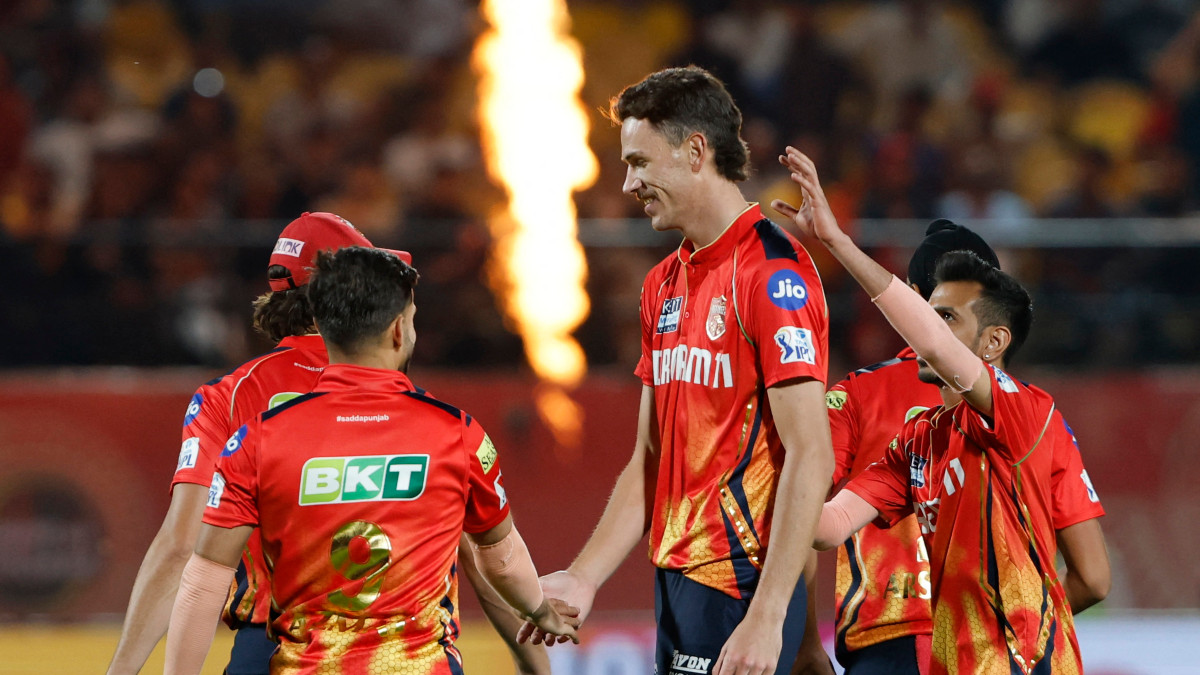)
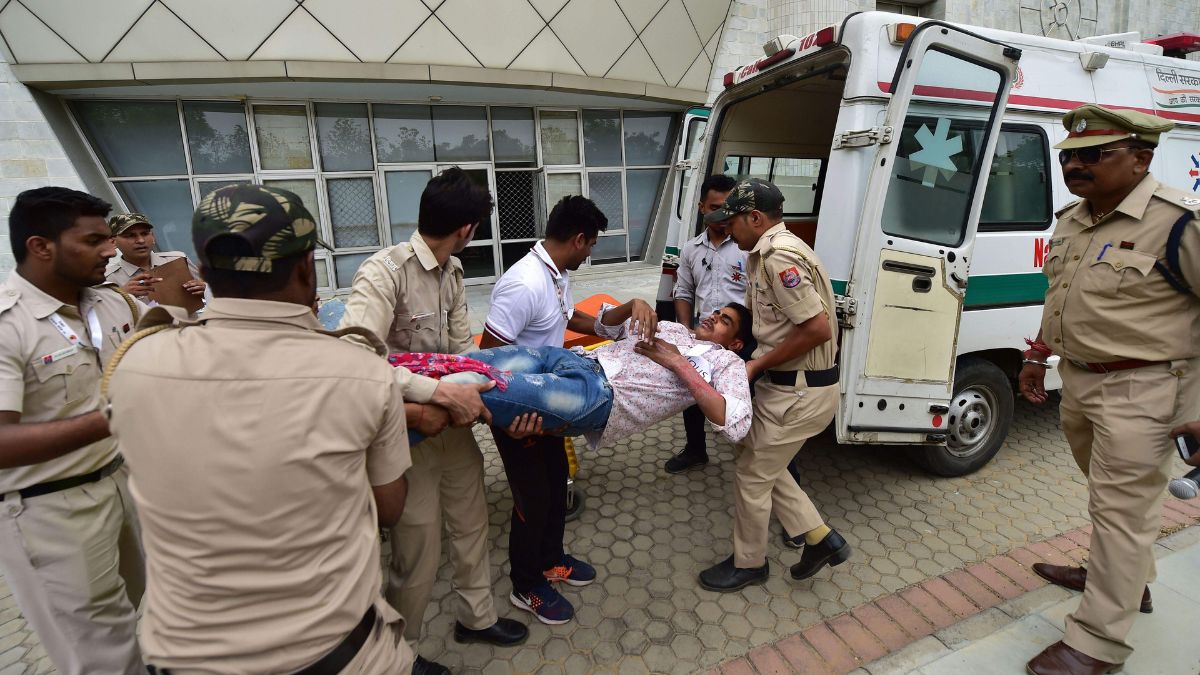)
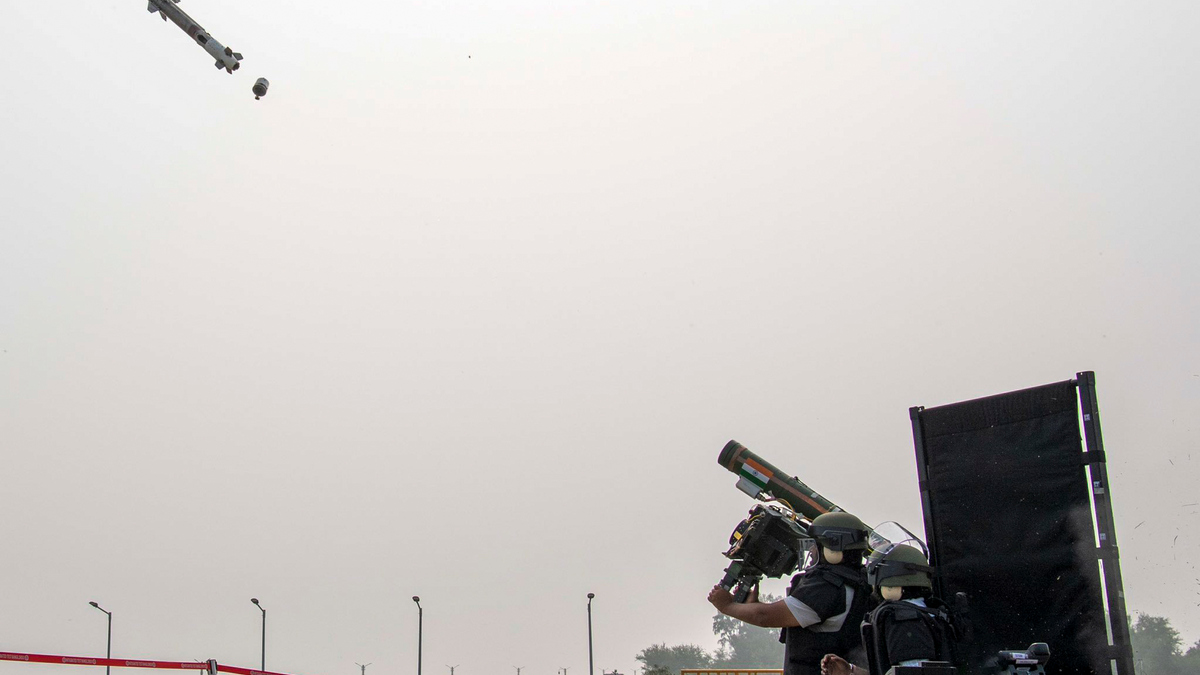)
)
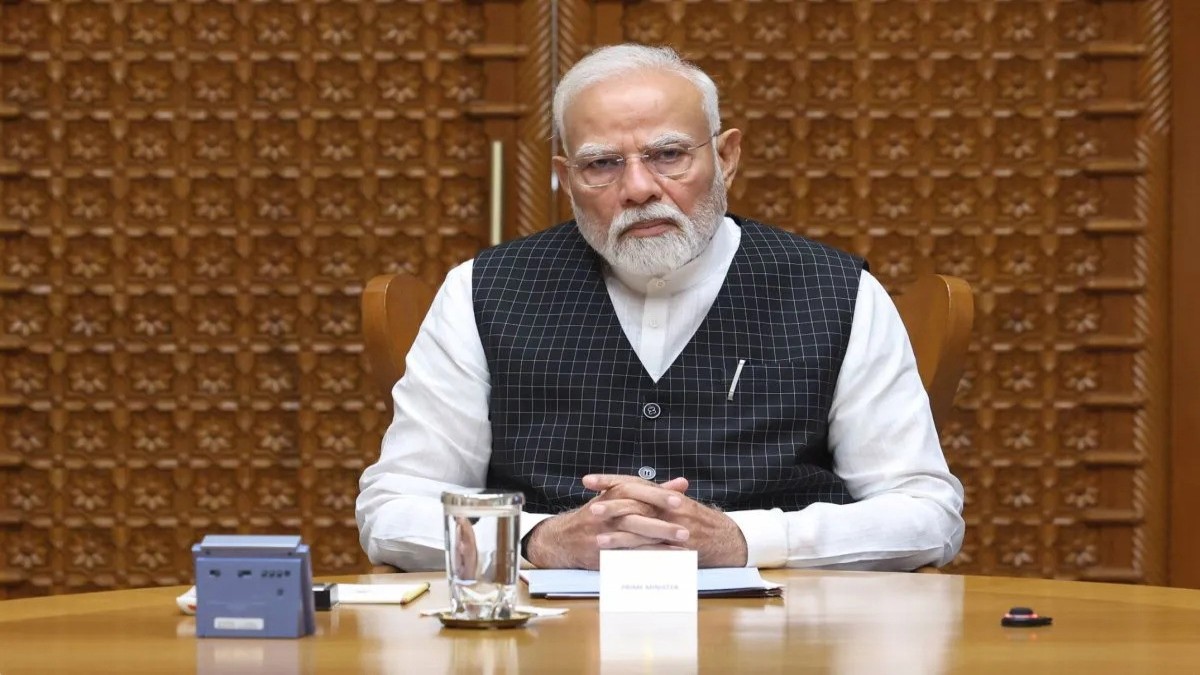)
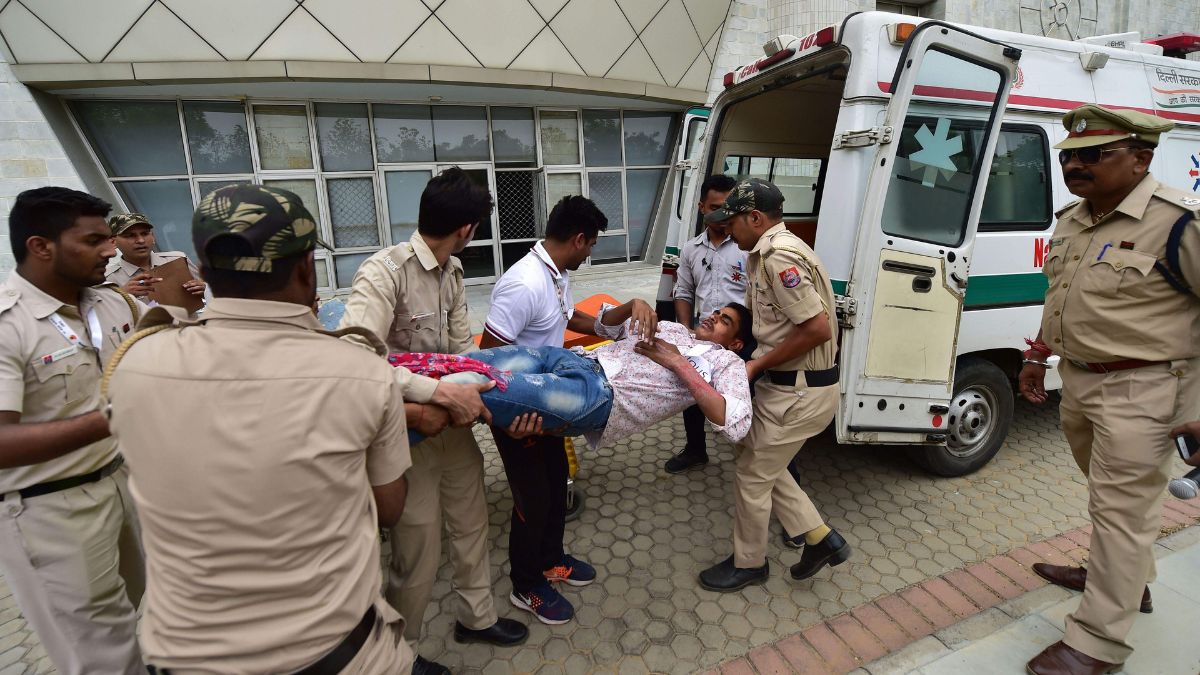)
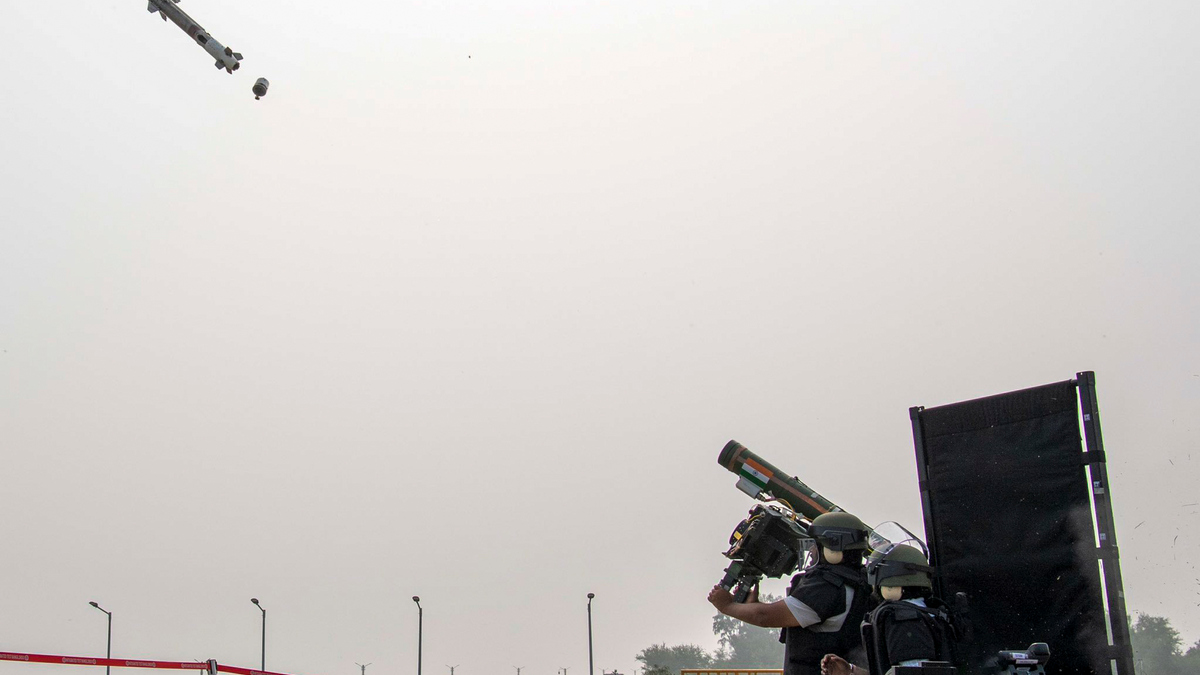)
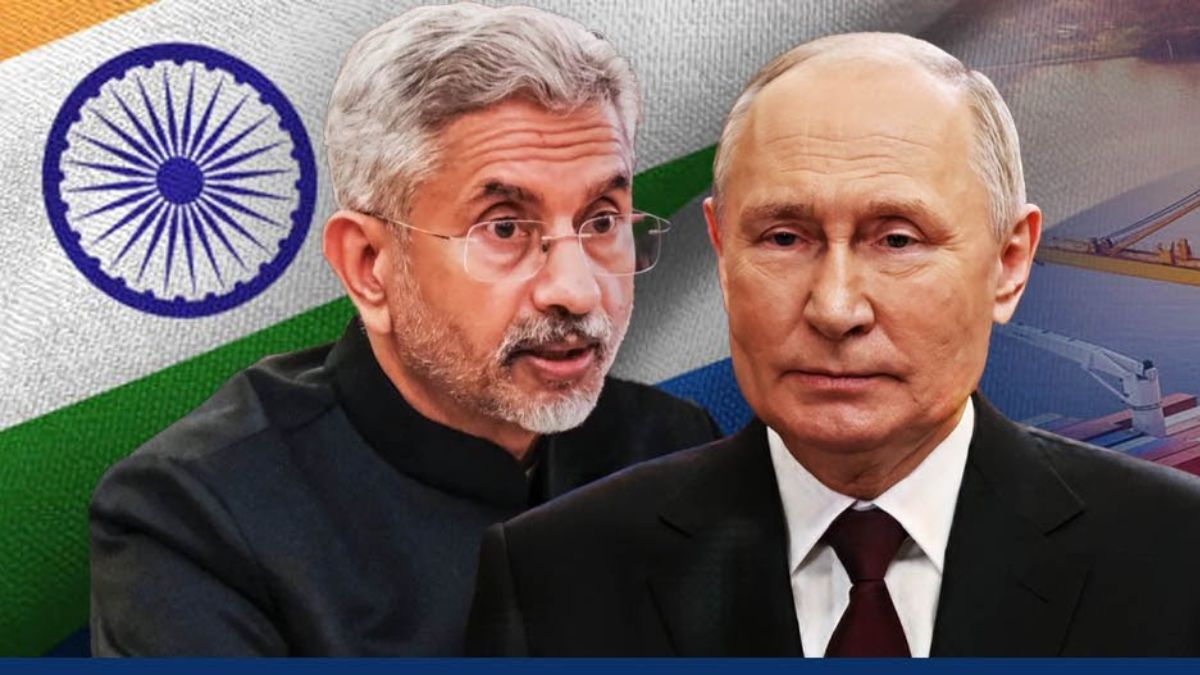)
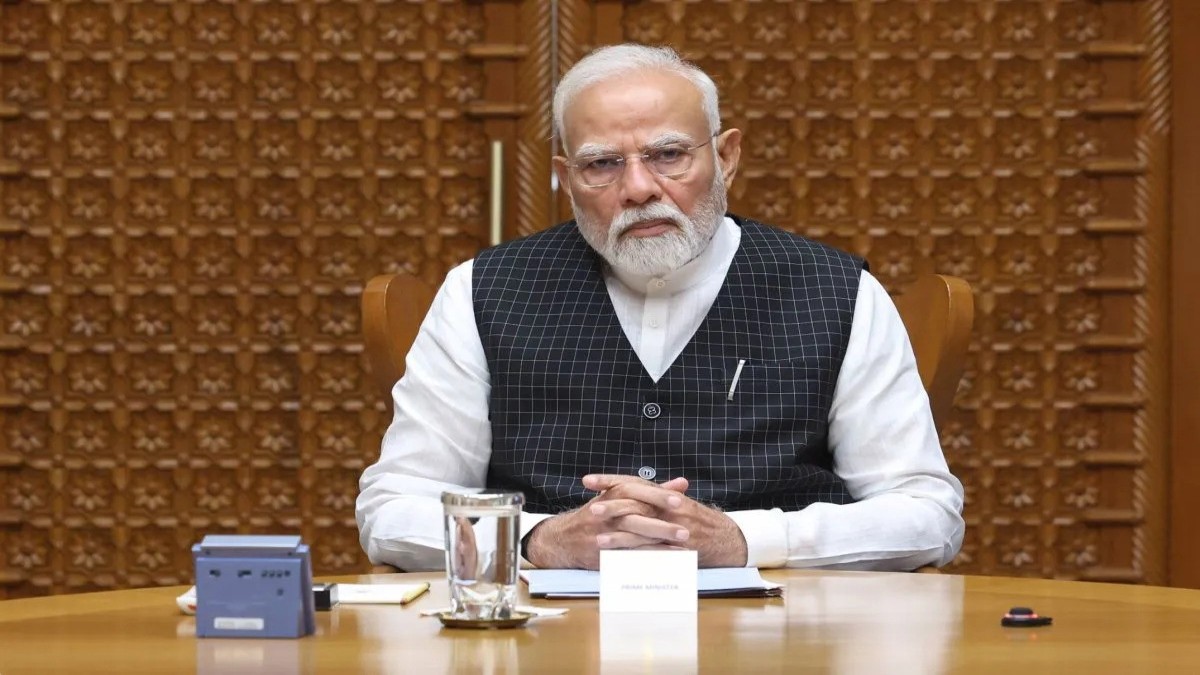)